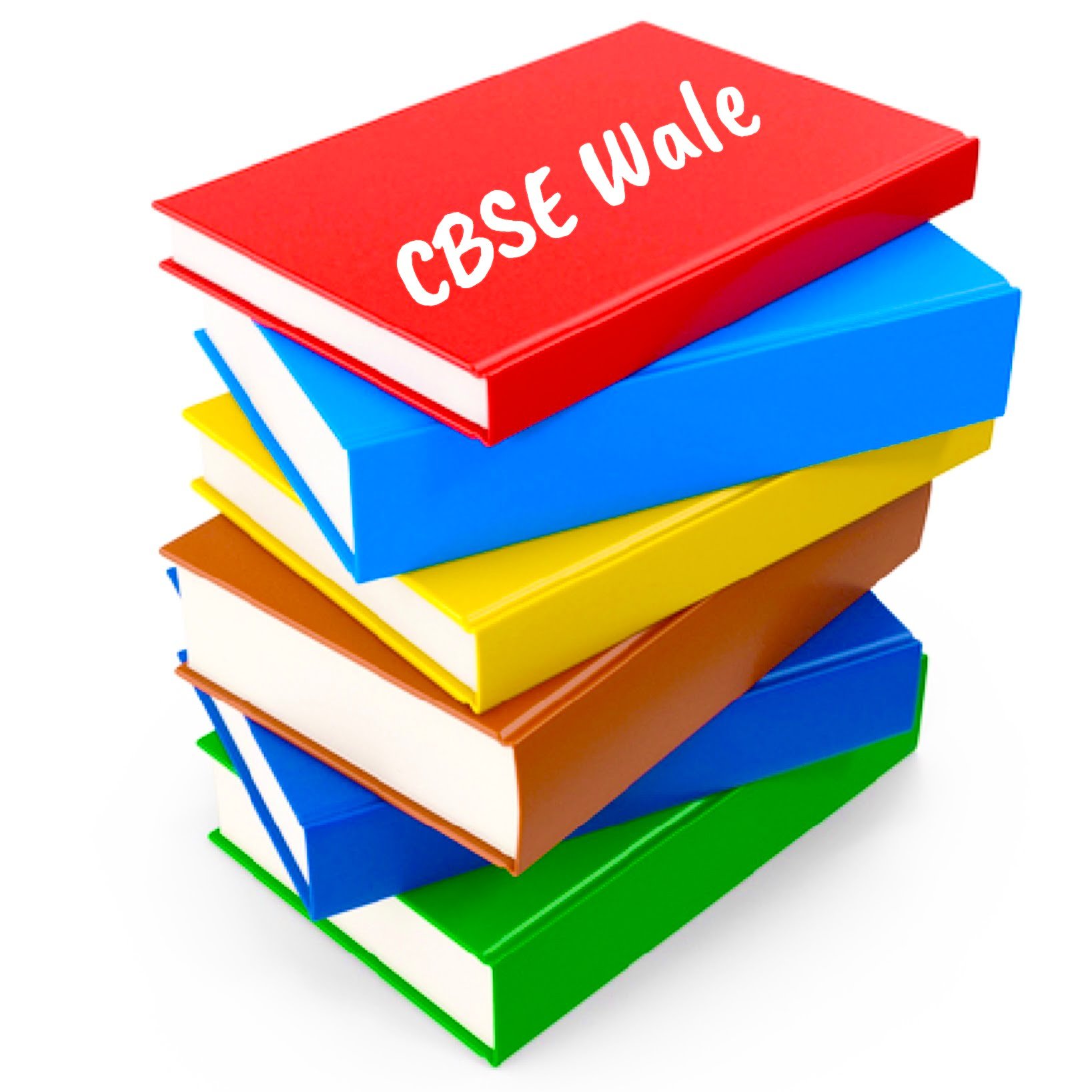Welcome to CBSEWale, your comprehensive guide to the Syllabus for CBSE Class 8. This page serves as a one-stop destination for detailed information about the syllabus for each subject in Class 8. We cover a wide range of subjects, including English, Maths, Science, History Social Science, Civics Social Science, Geography Social Science, Hindi, and Sanskrit. Our aim is to provide students, parents, and educators with a clear understanding of the curriculum and learning objectives for Class 8, ensuring a well-rounded and successful academic journey.
Syllabus for CBSE Class 8
- Syllabus for CBSE Class 8 English
- Syllabus for CBSE Class 8 Maths
- Syllabus for CBSE Class 8 Science
- Syllabus for CBSE Class 8 Social Science
- Syllabus for CBSE Class 8 Hindi
- Syllabus for CBSE Class 8 Sanskrit
Introduction to the Syllabus for CBSE Class 8:
The syllabus for Class 8 is an essential roadmap that outlines the topics, concepts, and learning outcomes for each subject. It acts as a foundation for academic planning and provides students with a structured framework to guide their studies throughout the academic year. At CBSEWale, we understand the significance of a well-structured syllabus in shaping students’ academic growth. Therefore, we present a detailed breakdown of the syllabus for Class 8, subject by subject, to empower students with the knowledge they need to succeed.
Subjects Covered:
- English: The English syllabus for Class 8 focuses on enhancing language skills, literature appreciation, and effective communication. It includes grammar, reading comprehension, writing skills, and a diverse range of literary works that expose students to different genres and writing styles.
- Maths: The Maths syllabus for Class 8 aims to develop students’ mathematical abilities and problem-solving skills. It covers topics such as rational numbers, algebraic expressions, geometry, data handling, and more, laying a strong foundation for higher-level mathematics.
- Science: The Science syllabus for Class 8 explores the fascinating world of Physics, Chemistry, and Biology. It includes topics like force and pressure, chemical reactions, cell structure, natural resources, and more, fostering scientific thinking and inquiry.
- History Social Science: The History syllabus for Class 8 delves into ancient and medieval Indian history, highlighting significant events, cultural developments, and political changes. It also covers the history of India during the British period, providing insights into the struggle for independence.
- Civics Social Science: The Civics syllabus for Class 8 focuses on understanding India’s political and social systems. It covers topics like the Indian Constitution, democracy, rights, and responsibilities, encouraging active citizenship and civic awareness.
- Geography Social Science: The Geography syllabus for Class 8 explores the diverse facets of the Earth’s physical and human geography. It covers topics such as climate, natural vegetation, resources, industries, and more, fostering a deeper appreciation for the world around us.
- Hindi: The Hindi syllabus for Class 8 emphasizes language proficiency, grammar, and literature appreciation. It includes comprehension, creative writing, poetry, and prose, instilling a love for the Hindi language and its rich literary heritage.
- Sanskrit: The Sanskrit syllabus for Class 8 introduces students to the beauty of this ancient language. It covers grammar, comprehension, and literature, promoting a deeper understanding of the language’s cultural significance.
Key Features of the CBSE Class 8 Syllabus:
- Comprehensive Coverage: The syllabus for CBSE Class 8 provides comprehensive coverage of essential topics and concepts in each subject, ensuring students receive a well-rounded education.
- Clear Learning Objectives: The syllabus outlines specific learning objectives, enabling students and educators to understand the expected outcomes of each topic.
- Sequential Progression: The syllabus follows a logical sequence, ensuring that concepts are introduced progressively, building upon the students’ previous knowledge.
- Skill Development: The syllabus aims to develop various skills, including critical thinking, problem-solving, communication, and analytical abilities.
- Integration of Values: The syllabus incorporates values and ethics, fostering holistic development and inculcating positive attitudes in students.
How to Use the CBSE Class 8 Syllabus:
- Subject Selection: Choose the subject you want to explore from the list of subjects covered on our website.
- Topic Exploration: Dive into the detailed syllabus for the selected subject to understand the various chapters, units, and topics covered.
- Learning Planning: Create a study plan based on the syllabus, ensuring you allocate sufficient time to cover each topic thoroughly.
- Resource Selection: Select appropriate textbooks, reference materials, and online resources aligned with the syllabus to support your studies.
- Regular Revision: Regularly review the syllabus to track your progress, identify areas of improvement, and revise previously learned concepts.
Conclusion:
At CBSEWale, we believe that a well-informed understanding of the syllabus is crucial for academic success. Our detailed Syllabus for CBSE Class 8 empowers students, parents, and educators with essential information about the curriculum and learning objectives. By embracing the syllabus as a roadmap for learning, students can navigate their academic journey with confidence, curiosity, and a thirst for knowledge. Let CBSEWale be your guide as you embark on an enriching educational experience in Class 8. Happy learning!
